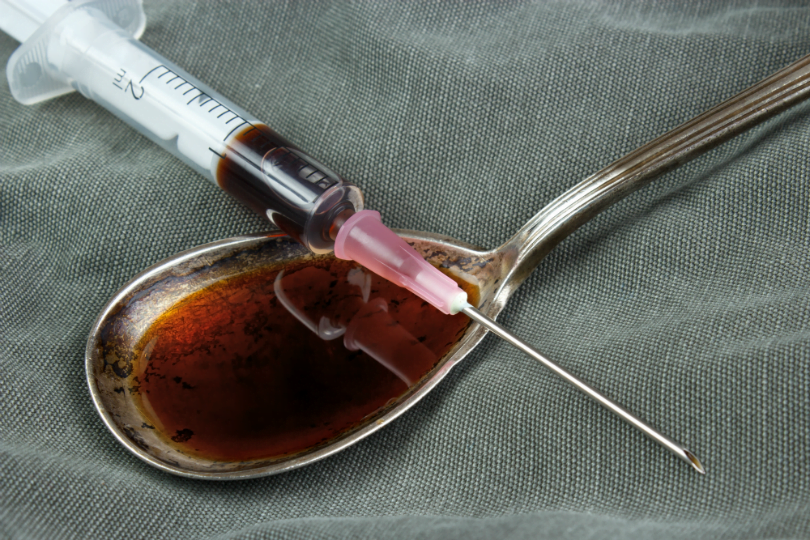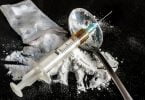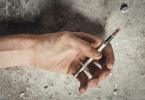More than one million people use heroin in the U.S. as of 2016. About ninety people a day die from overdoses related to it.
Not only do the addicts suffer, but their loved ones do as well. If you are addicted to heroin, it’s time to stop.
You can beat heroin addiction. Rehabilitation provides hope and plenty of ways to kick the habit. Treatment can seem scarier than continuing to use, but the latter has deadlier consequences.
Keep reading to learn the steps to take to recover from heroin addiction.
1. Personal Reflection
Addiction is a disease. It happens when you can’t stop the constant urges to do drugs. Over time, drug use changes how your brain works, making using a part of your daily needs.
Not all addicts go through the same recovery path. Some will require family and friends intervening while others may not.
Whatever path they walk, stopping heroin addiction starts with a personal reflection. Addicts have to recognize the problem first before they can solve it.
Realizing life is better than heroin is a battle many addicts don’t want to face. Reflecting will allow them to see they need rehabilitation to stop using. Their decision and willingness to change will help them take the first step toward recovery.
2. Withdrawal
Withdrawal from heroin addiction is brutal. Many users would rather keep using heroin than experience it. However, the symptoms vary from person to person. They shouldn’t be the sole reason a person keeps using.
Symptoms of withdrawal from heroin include:
- Chills – Similar to a fever, the body will go back and forth from hot to cold. To help alleviate this symptom, try and take a hot bath as often as possible.
- Insomnia – Users will experience severe inability to sleep for five to seven days during the beginnings of withdrawal. Taking melatonin or valerian root may help to ease this symptom.
- Restless Legs – A general unease will make the user’s legs restless for days at a time. Walking or going for a run can help dealing with this symptom.
- Upset Stomach – Diarrhea, and vomiting are a staple of heroin withdrawals. Taking Immodium may help with the upset stomach problems.
Drinking lots of fluids, especially those with electrolytes, alleviates some withdrawal symptoms, too.
3. Detoxification
Withdrawal is your body’s way of detoxing. Heroin users will have multiple options to face regarding the detox route they prefer to take. These range from stopping “cold turkey” to using medication.
It is important to note that detoxification from heroin addiction using anesthesia is deadly, according to a study.
Some “typical” methods of detoxification include:
- “Cold Turkey” – This method has the most drawbacks and is essentially stopping heroin use without any assistance. Relapses with this method are common, yet the withdrawal symptoms do not last as long.
- “Warm Turkey” – Again, this method has many drawbacks. Heroin users attempting to detox this way use weaker opiates, such as Xanax, to taper off of heroin. The problem is obviously that the user is still essentially addicted and can relapse easily (or become addicted to other drugs.)
- Medication OTC – Some heroin users will try to wean themselves off of heroin using over-the-counter medicines. Though, mixing some medications may be fatal or cause lasting damage to the liver or other organs.
- Prescription Medication – Many clinics or rehabilitation centers offer prescription medications to help with withdrawal symptoms. Without proper supervision, the patient may become addicted to the prescription drugs themselves.
Of course, the best method of practice for heroin users to detox is to enter into a rehab facility. There are many programs to fit the needs of the patient and is catered to them.
4. Treatment for Heroin Addiction
Multiple rehabilitation programs exist in order to assist with heroin addiction. Again, the choice of the program depends on the person and the severity of their condition.
Residential Detoxification
As the name implies, this treatment process begins with the patient being able to detox inside a facility. As with all treatments, it is advised that a patient transfer to a program after detoxification is complete.
Many times the detox is completed with prescribed drugs that help quell the withdrawal symptoms.
Hospital Inpatient/Outpatient
This type of treatment also allows for the detoxification process to occur. Patients are committed voluntarily or by court order. If legally mandated, a patient must complete a treatment plan prior to release under certain circumstances.
Hospital inpatient treatment allows for one to be supported as well as supervised. Not only will staff help lessen the withdrawals, but they are prepared for any medical needs a patient may have.
Outpatient treatment is scheduled for the patient to regularly attend multiple times a week. This may help if the patient has constraints and needs to be outside of a rehab center.
Long and Short-Term Residential
This treatment oversees the detoxification process as well as the psychological and physical treatments needed to ready the person to re-enter society. Short-term programs are motivational for some people, whereas longer programs are needed for others.
This rehab treatment is not a vacation-like stay. Some tasks and activities are required to be completed to treat addiction.
Choosing the Right Rehabilitation Center
Not all rehabilitation centers offer the same treatments. Inpatient treatments require patients to remain in a rehab facility during the treatment process. Outpatient allows the patient to freely adhere to scheduled appointments and regular aftercare.
See what is suited for you by asking which methods programs use, especially regarding detox. After-treatment support is also important to consider. Relapses do occur, but they are lessened with the help of quality aftercare programs.
Quitting heroin can also be expensive, especially for rehabilitation centers. Read reviews online to help find the best affordable rehabilitation center for you.

















